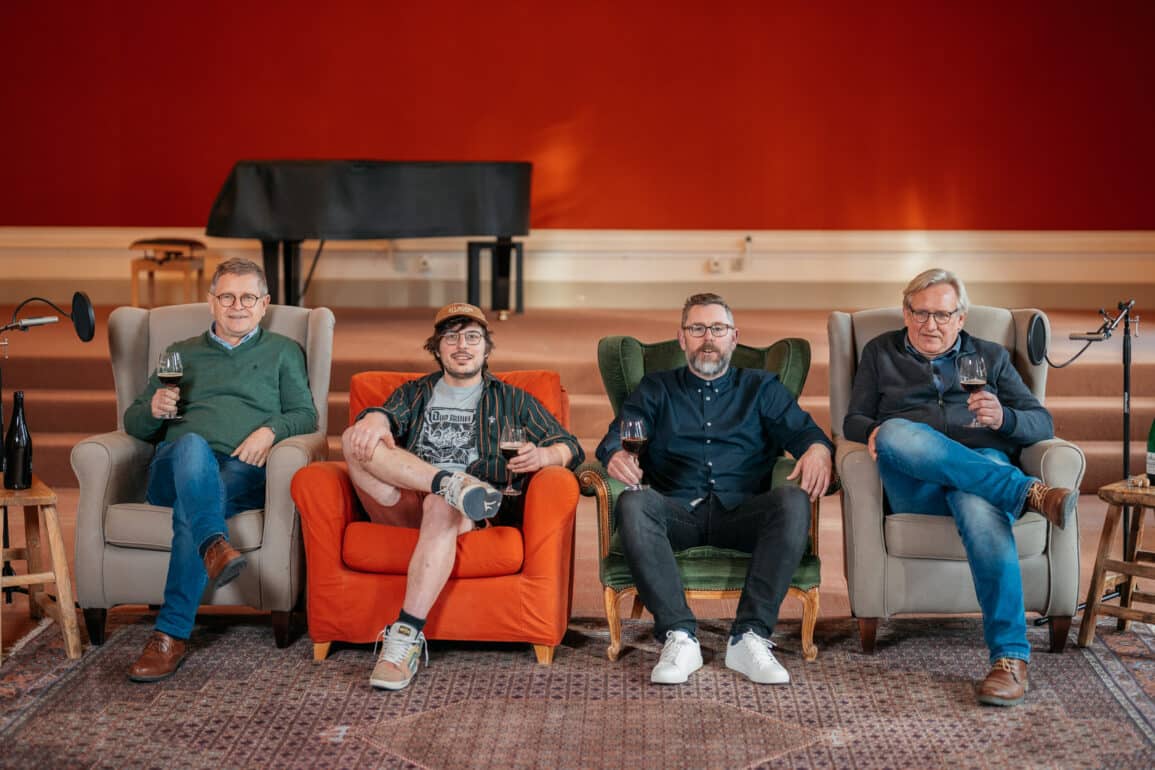Subscribe: Apple Podcasts | Spotify | RSS | More
Photos by Cliff Lucas
This editorially independent podcast has been supported by VISITFLANDERS as part of the “Straight Talk” series of podcasts.
Oud Bruin is a reddish-brown beer of mixed fermentation which presents as malty, fruity, aged, and somewhat acidic. It’s traditionally associated with the provinces of West Flanders and East Flanders, particularly the region around the Leiestreek and the city of Oudenaarde.
The malt profile can range from caramel to toasted and the acidity of commercial examples can stretch from a soft tartness to winey, vinous character. They can be dry and tannic, or balanced out with a full-bodied sweetness.
Commentators commonly distinguish between foeder-aged Flanders Red and stainless-steel aged Oud Bruin, while some breweries themselves have sought protection under different names such as South-West Flemish Red-Brown. However, these distinctions are not regularly used on the ground in Belgium and the more you delve into production methods, the more you realise how grey the lines between all those definitions are.
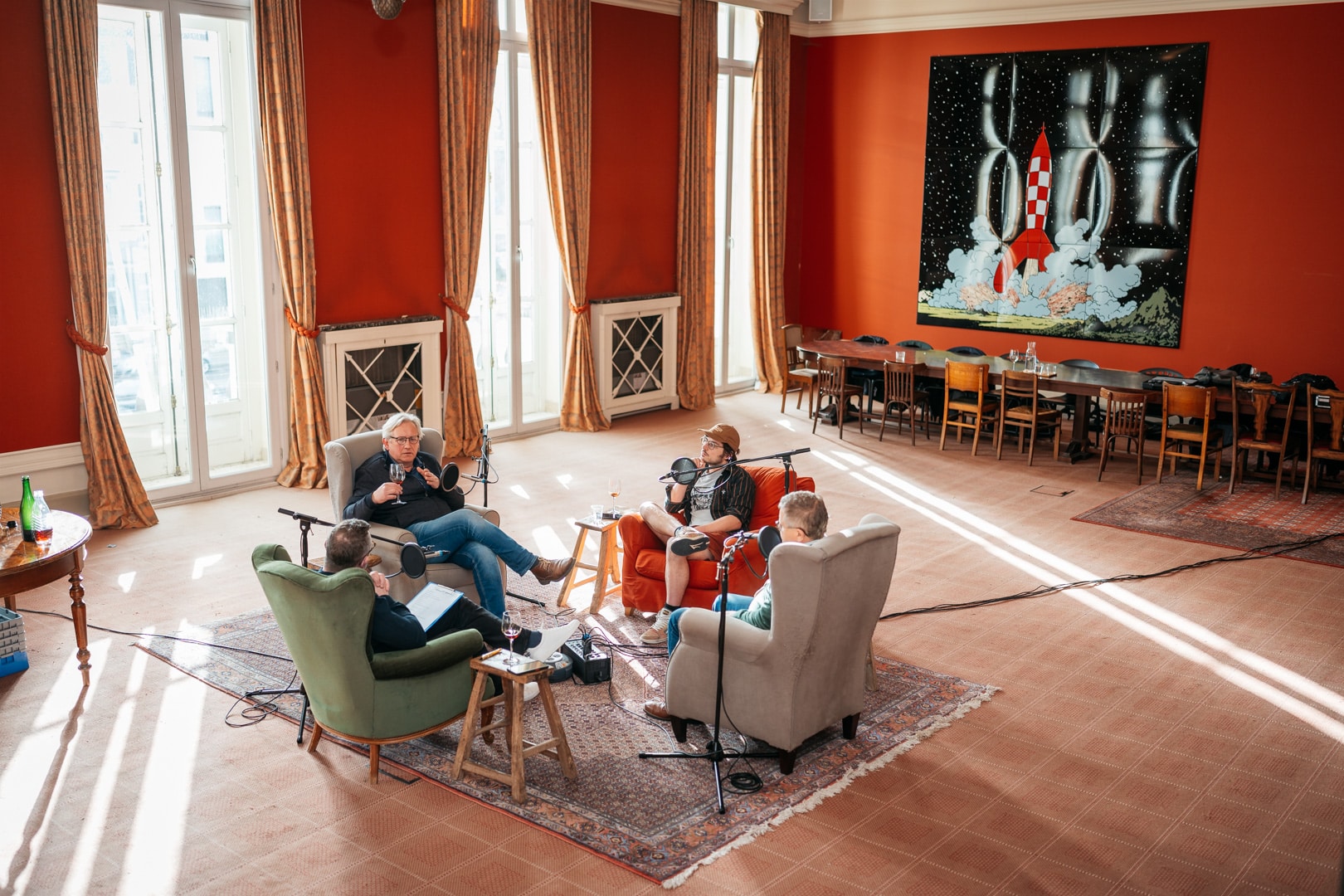
A few weeks ago, I sat down with three of the most influential figures in the world of Oud Bruin.
*
Marc Coesens is Site Manager and Head of Production at Brouwerij Liefmans, a brewery now part of the Duvel Moortgat group well-known for its production of Liefmans Oud Bruin and the now iconic Goudenband.
I asked Marc to be there to represent the Oudenaarde tradition of Oud Bruin.
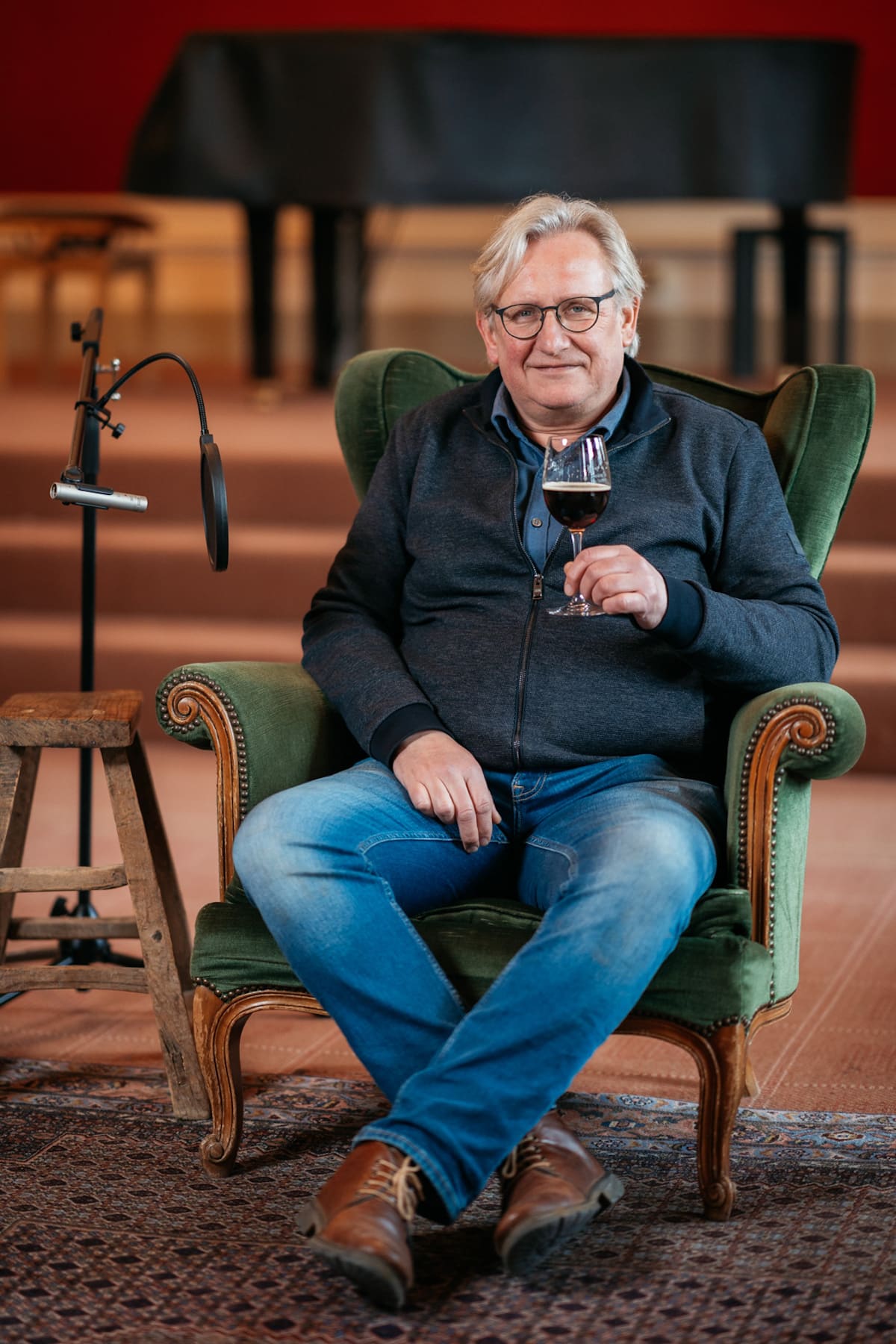
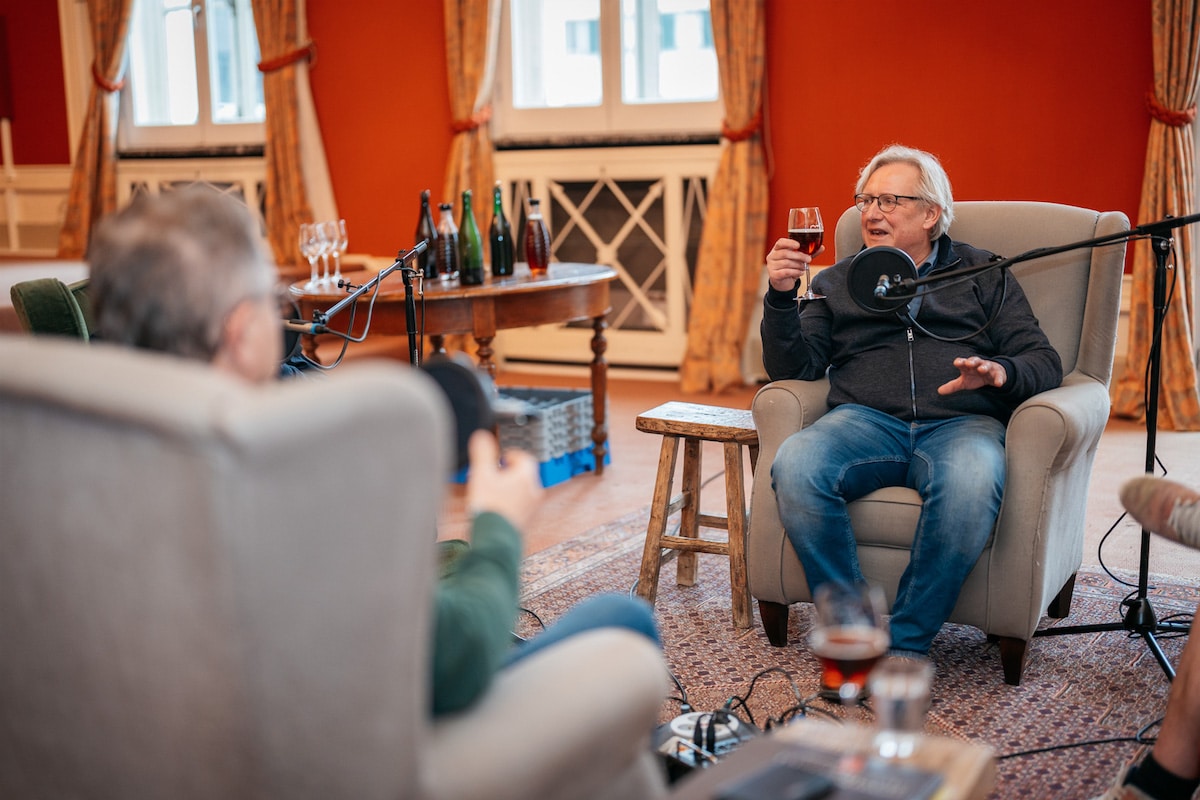
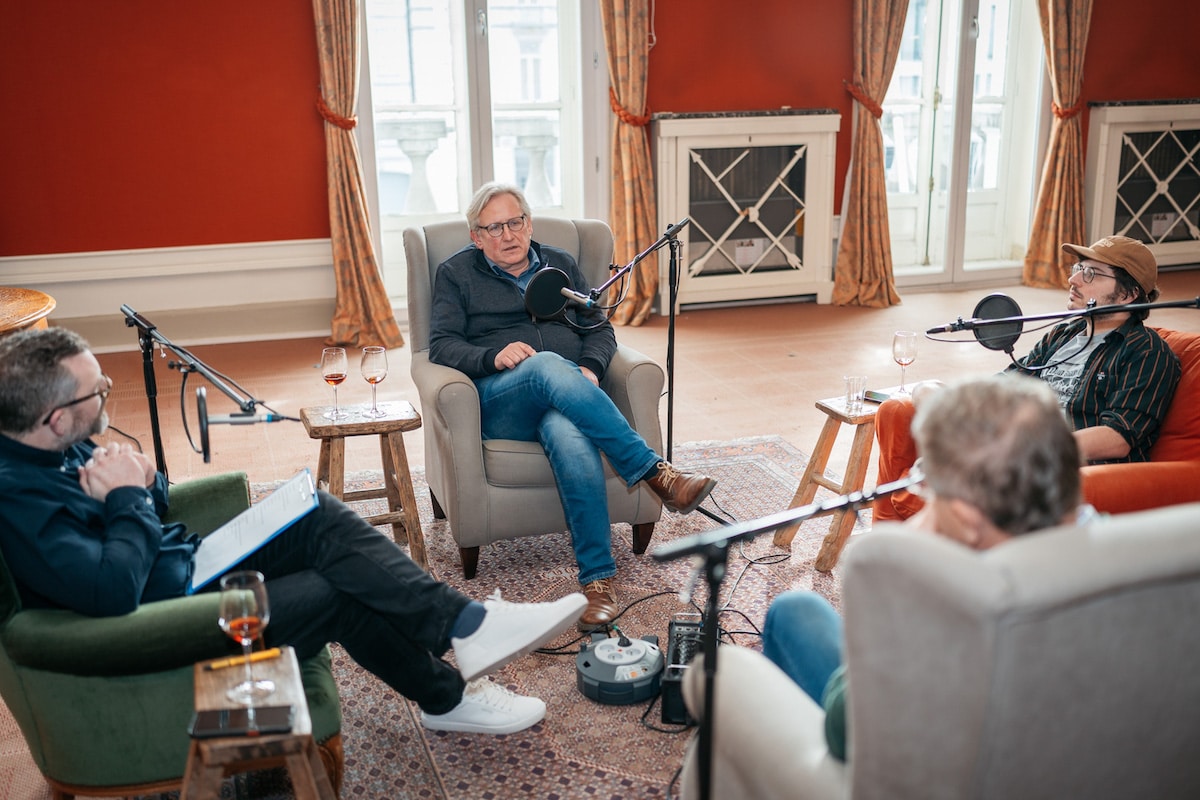
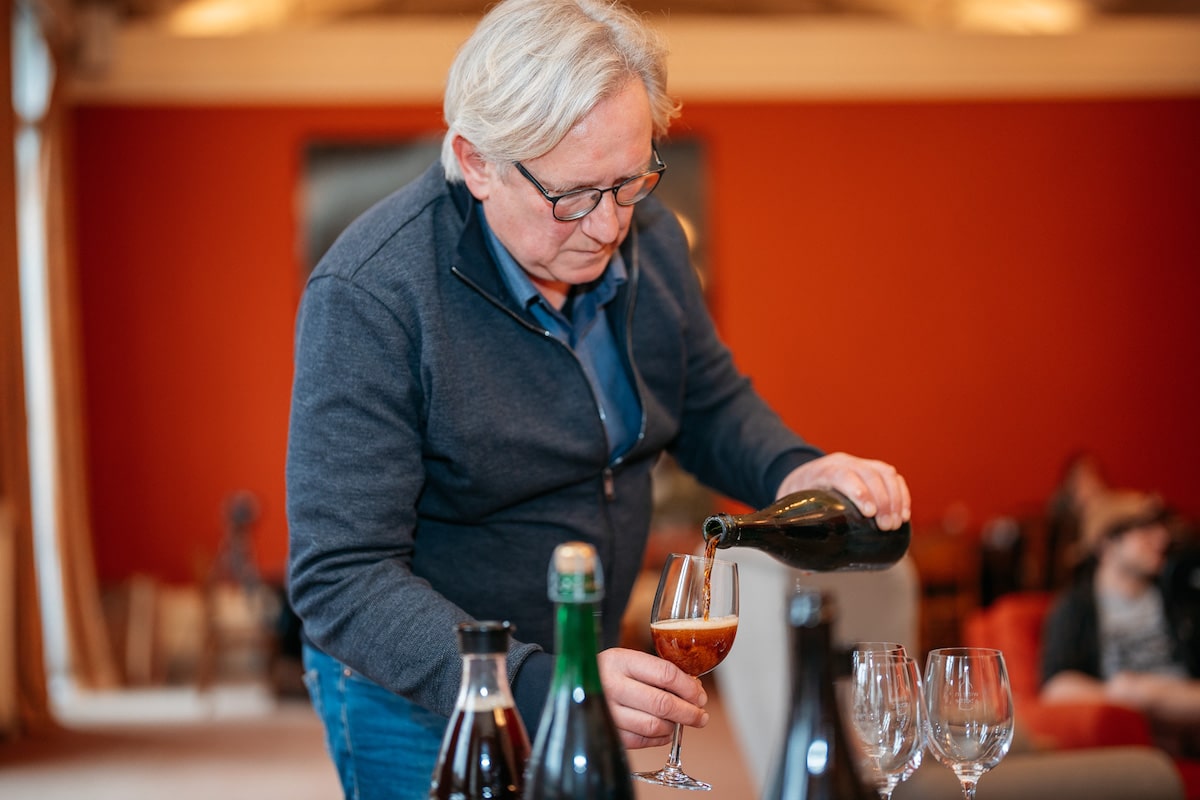
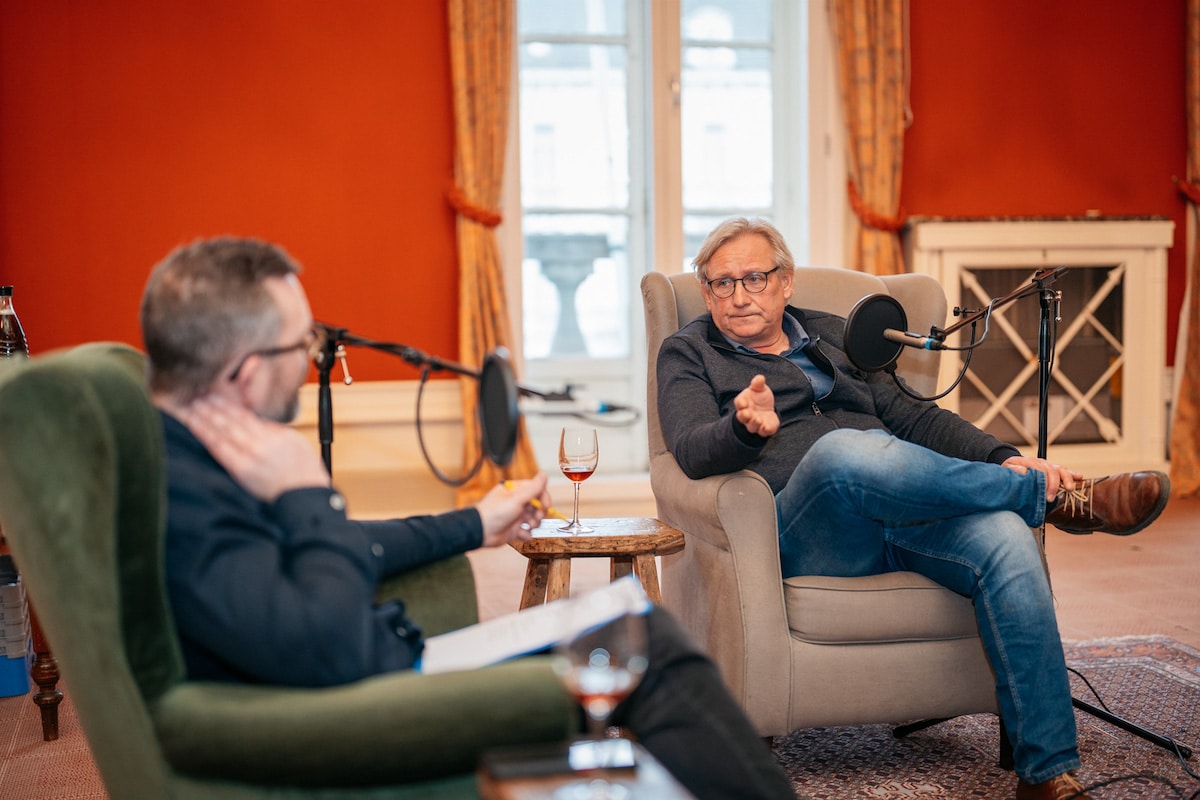
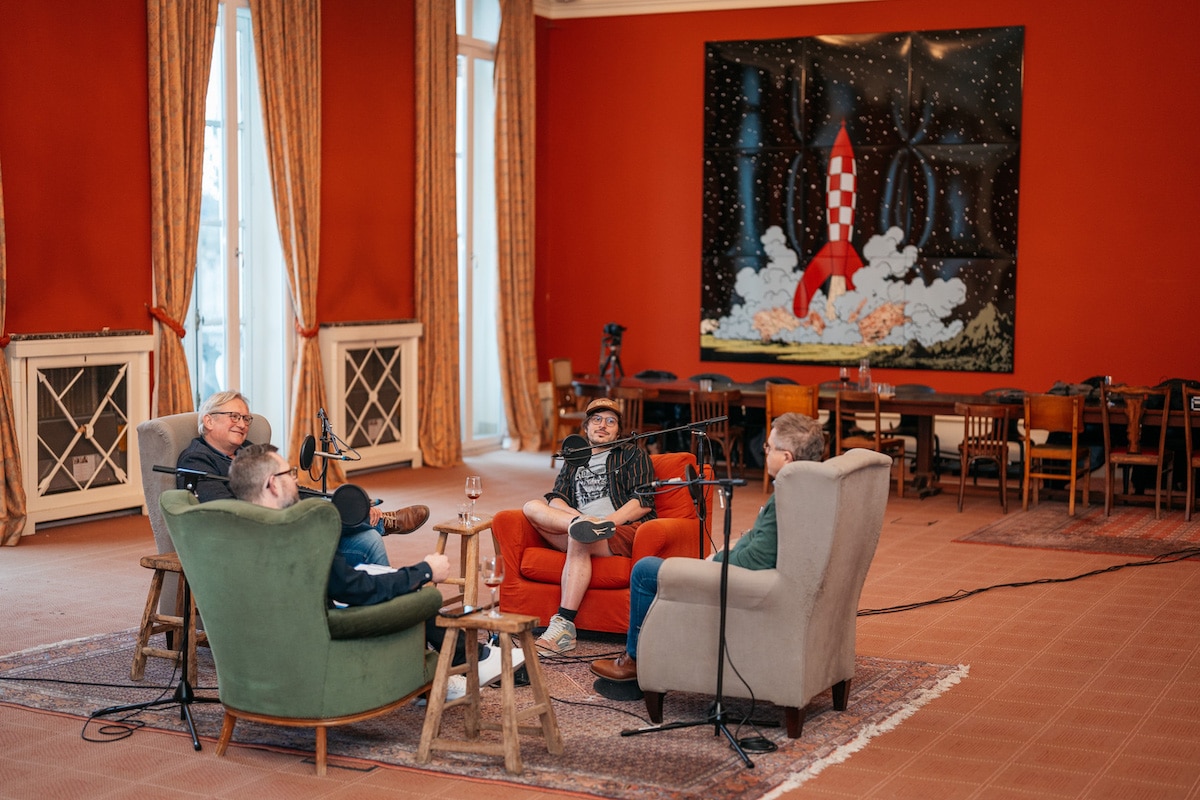
*
Rudi Ghequire is Site Manager at Brouwerij Rodenbach, an institution of a brewery located in Roeselare described by others during this podcast discussion as the “mothership” when it comes to Oud Bruin.
I asked Rudi to be there to represent the tradition of South-West Flanders, and in particular, the process of mixed fermentation products blended from beer coming out of upright standing oak foeders.
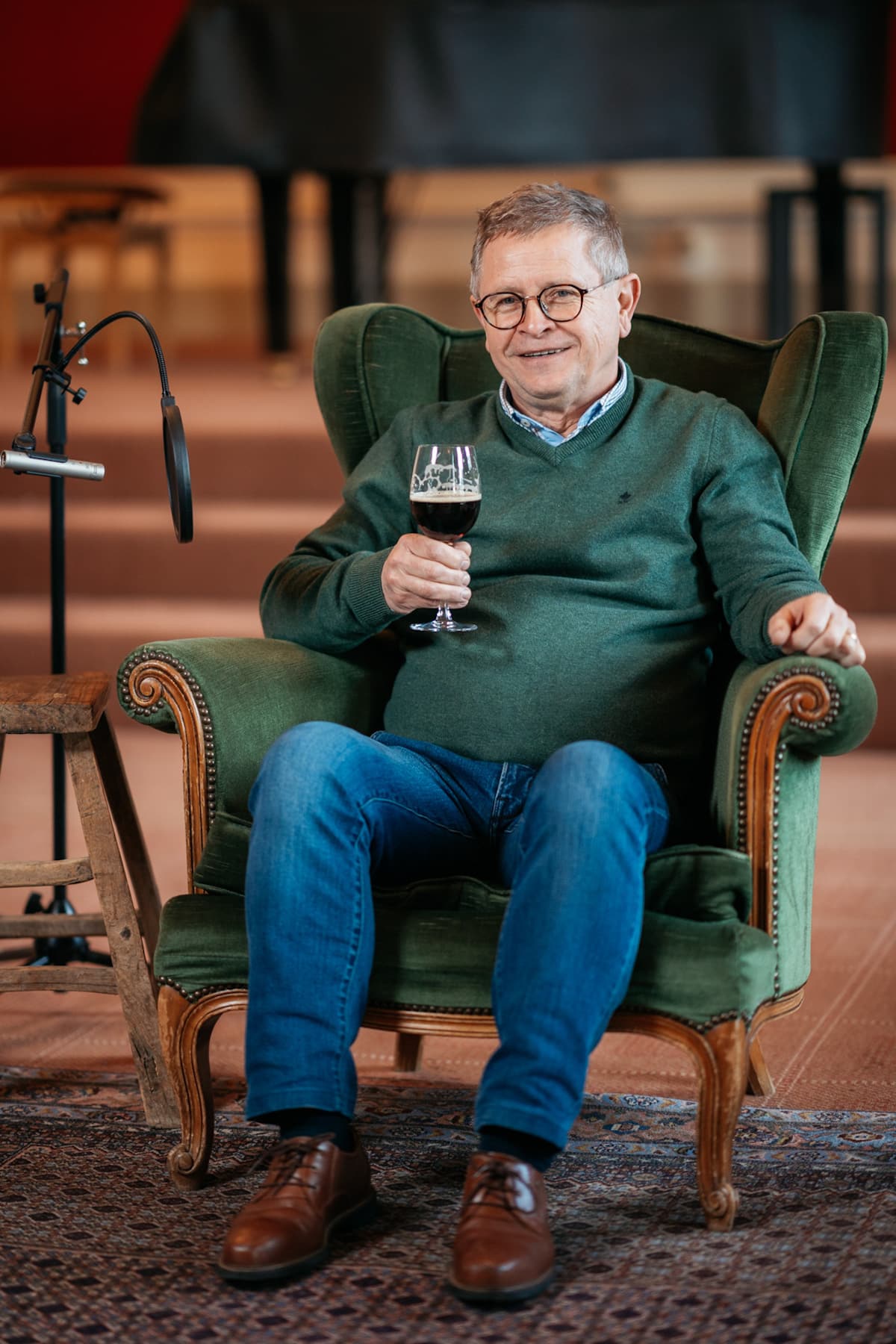
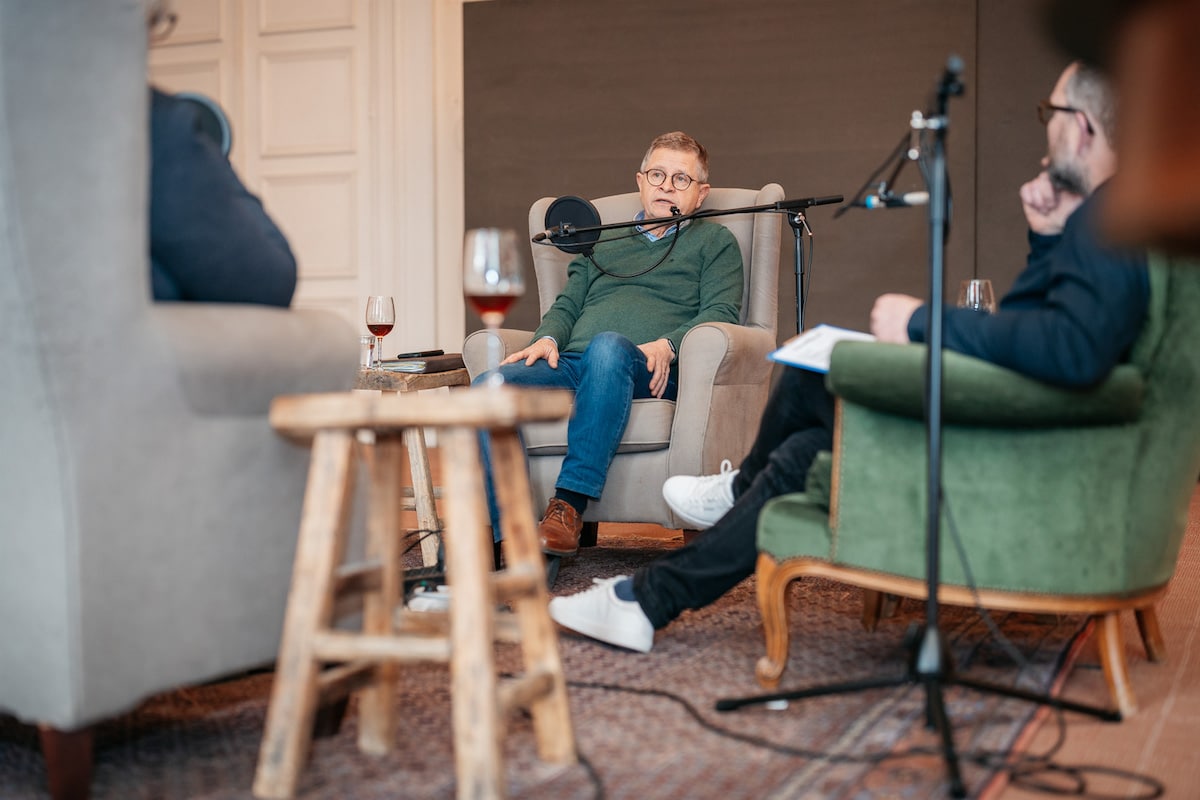
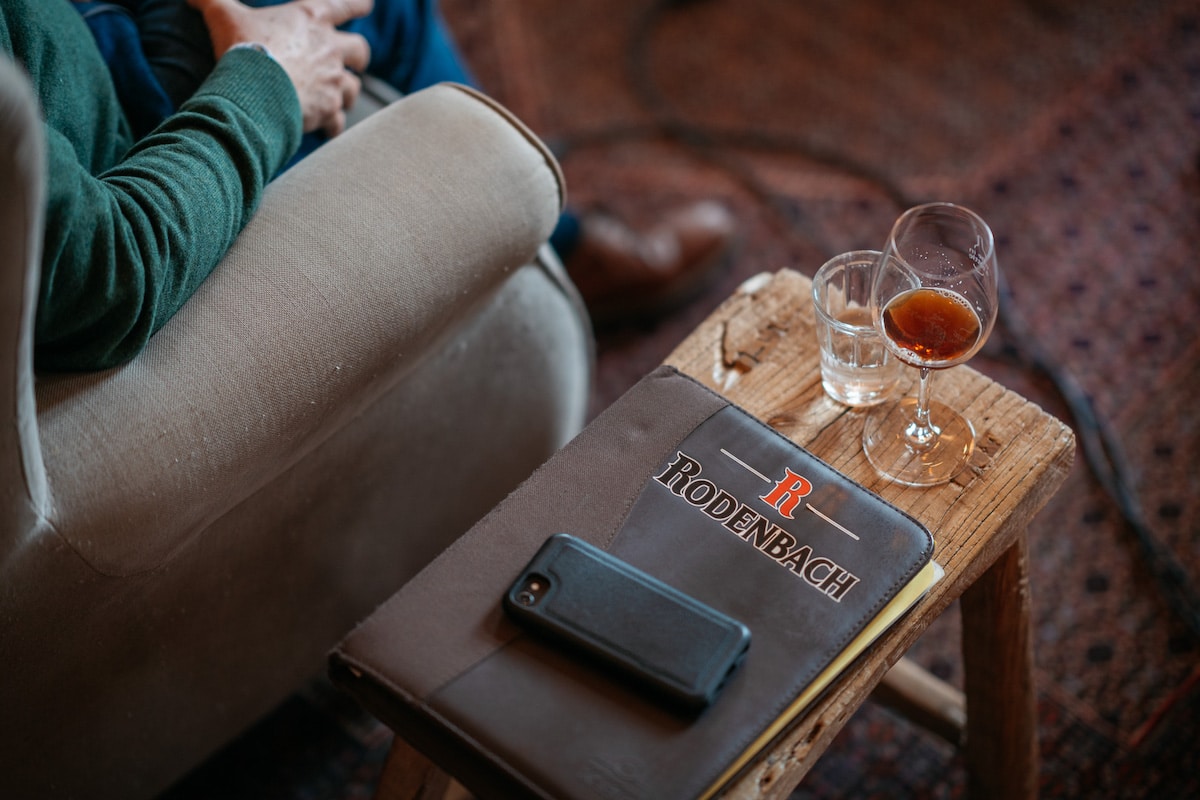
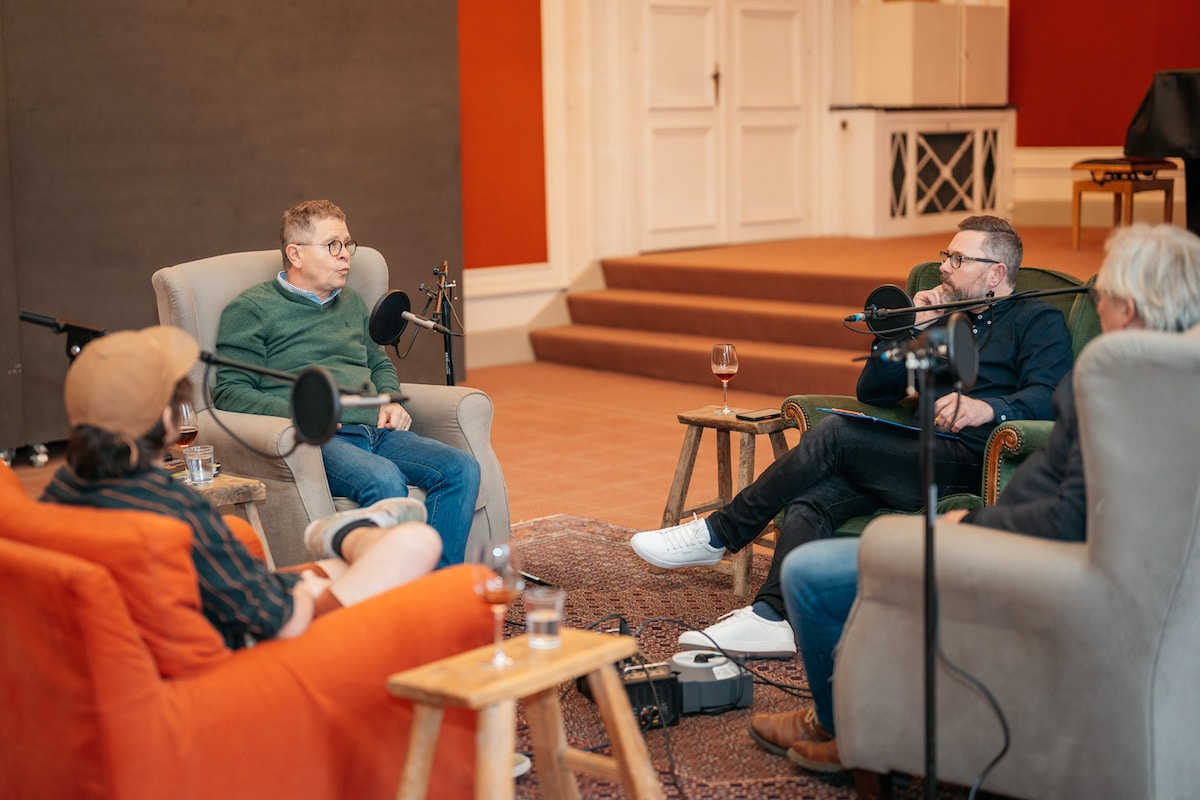
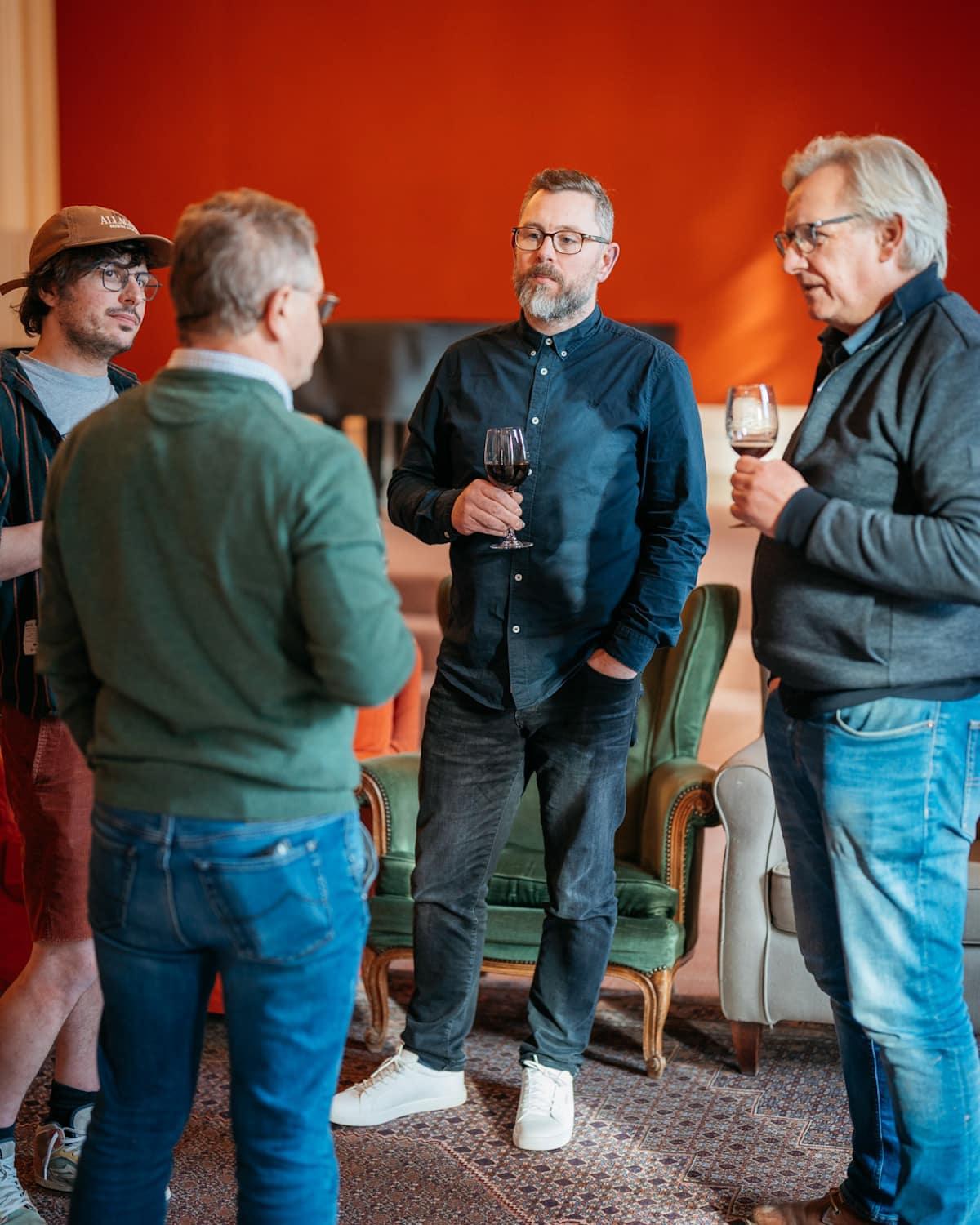

*
Alex Lippens is the Co-owner of Brouwerij ‘t Verzet, a small brewery in Anzegem in operation since 2011 which has embraced Oud Bruin as part of its identity.
I asked Alex to be there to represent the newer wave of brewers who are interested in protecting the heritage and reputation of Oud Bruin in the region, across Belgium, and internationally.
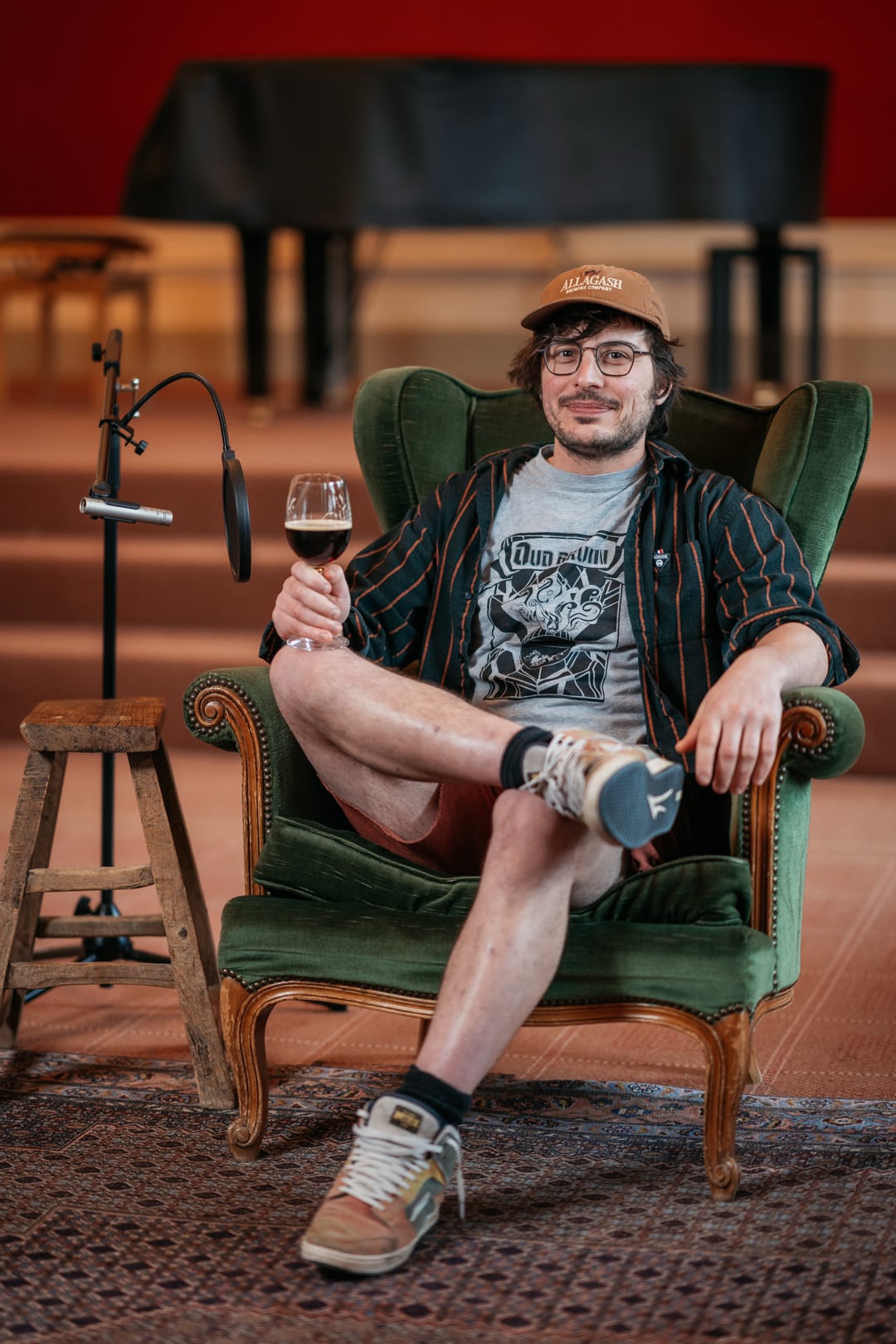
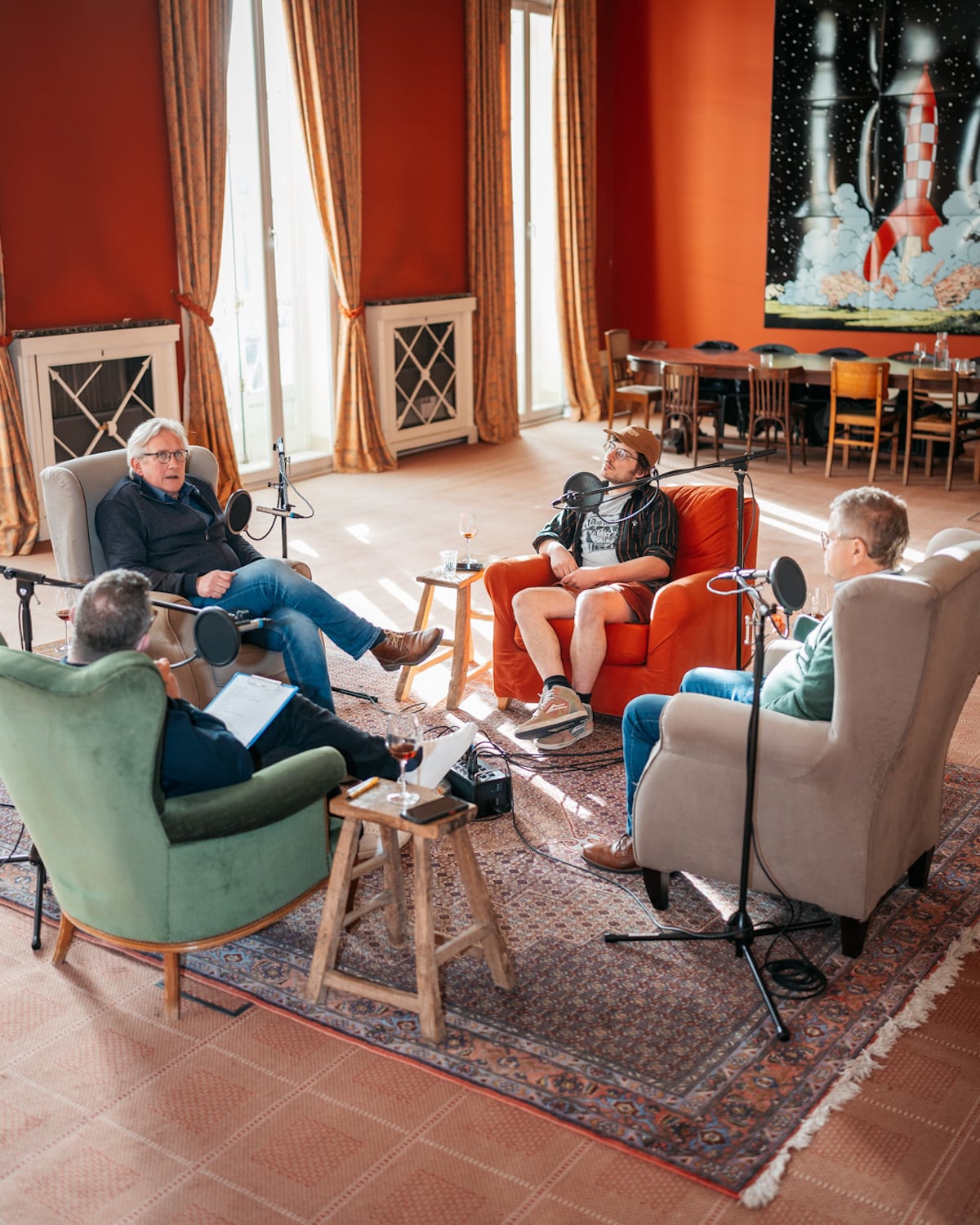
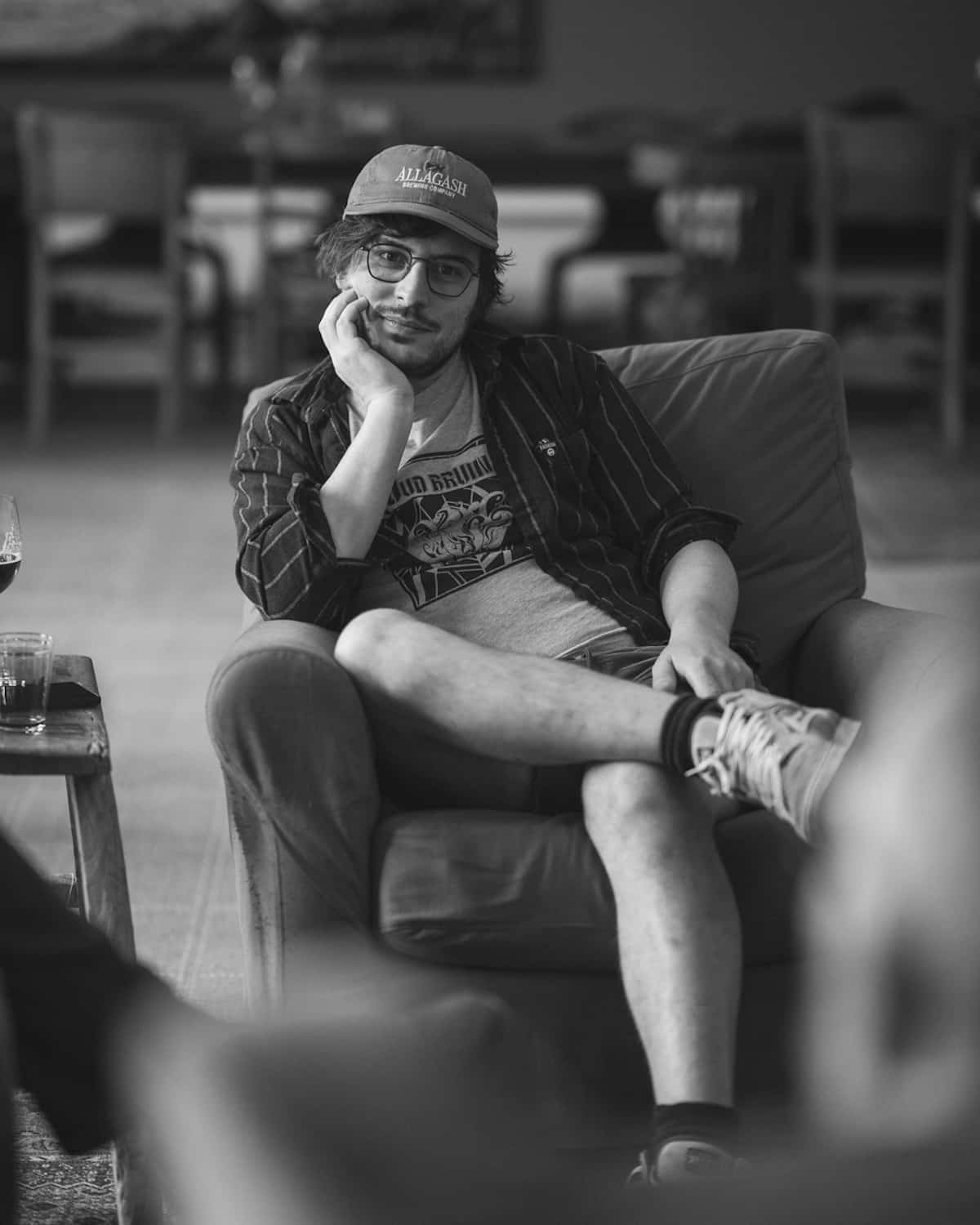
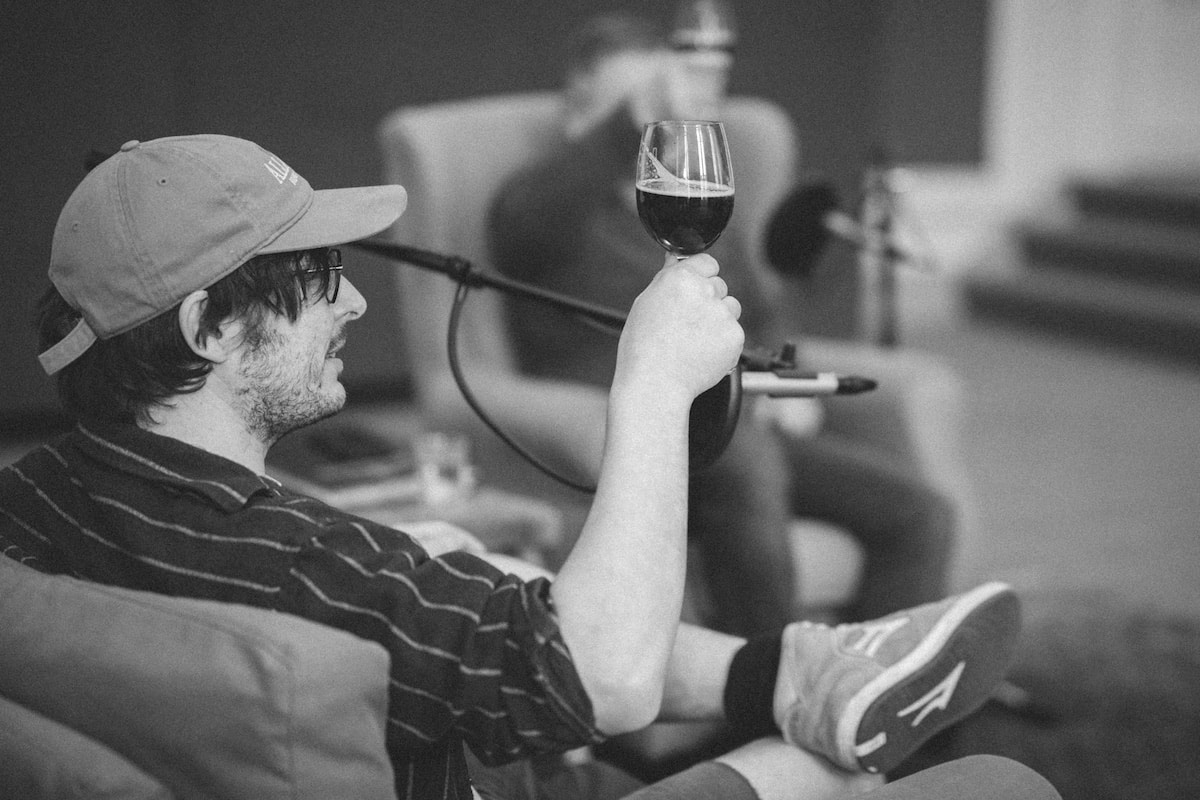
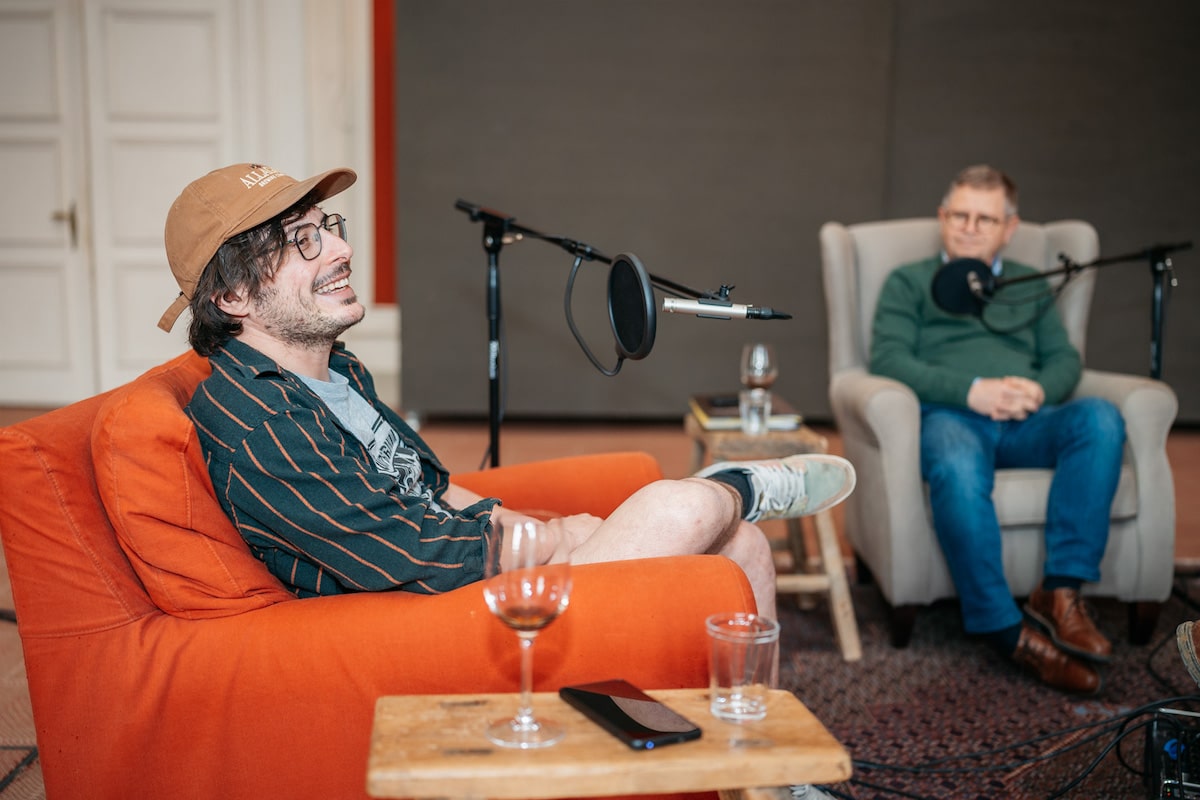
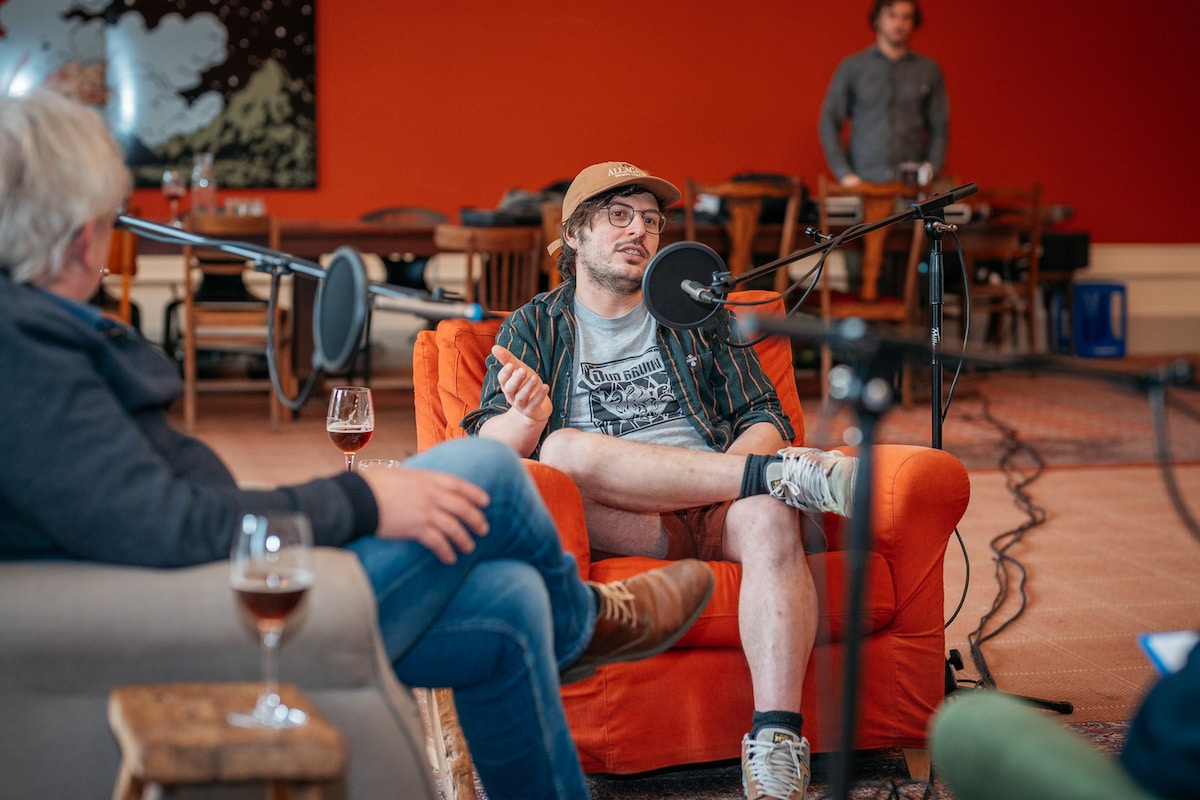
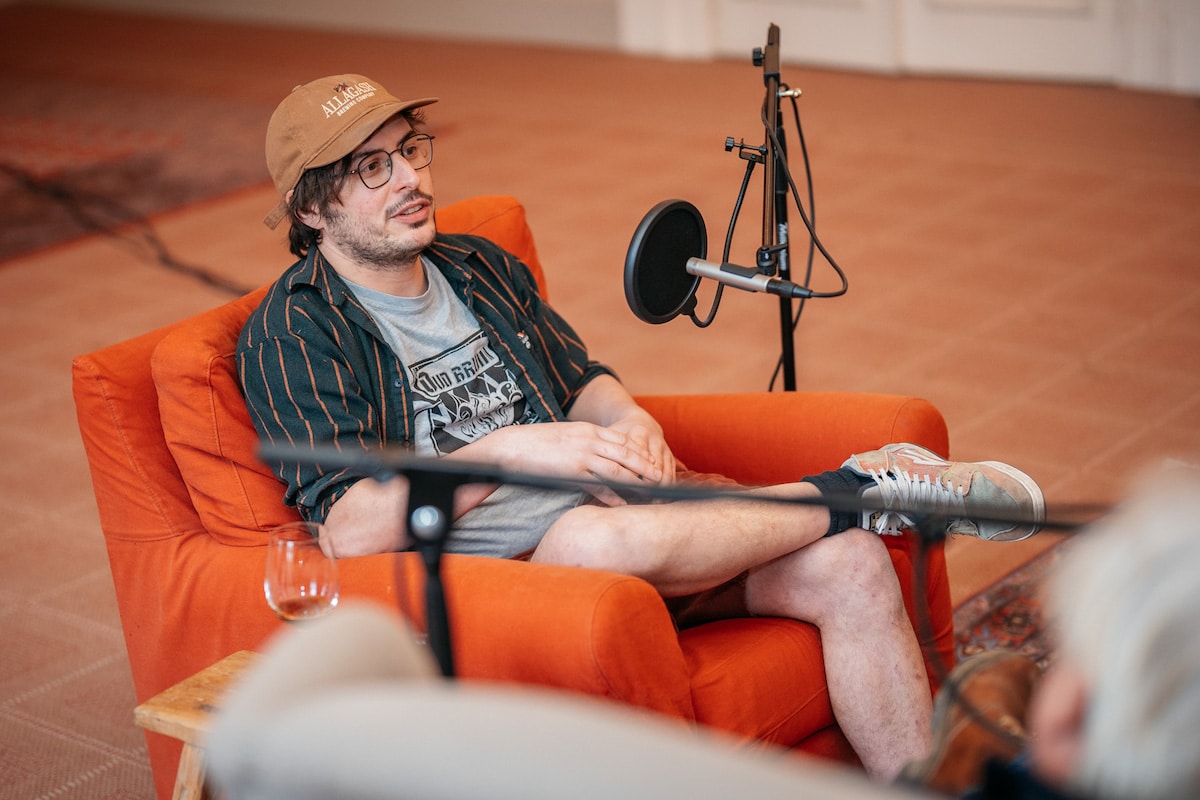
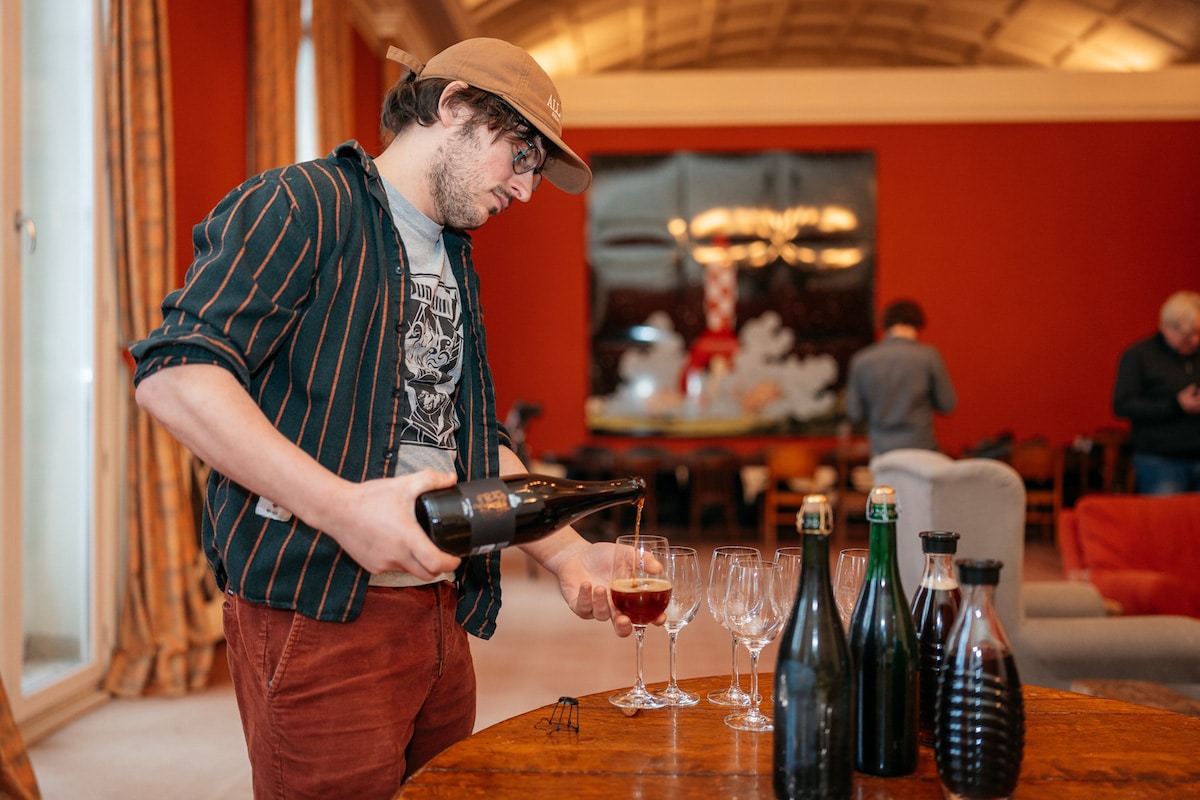
*
I wanted a neutral venue for the discussion, so my guests agreed to meet me in Kortrijk, in the old casino premises on the modern Casinoplein, an impressive building now home to one of the most beautiful book shops in Belgium, Theoria.
During our discussion, we touched on their individual journeys into Oud Bruin, the stories of the three breweries for whom they each work, and the connection between the Oud Bruin style and the region.
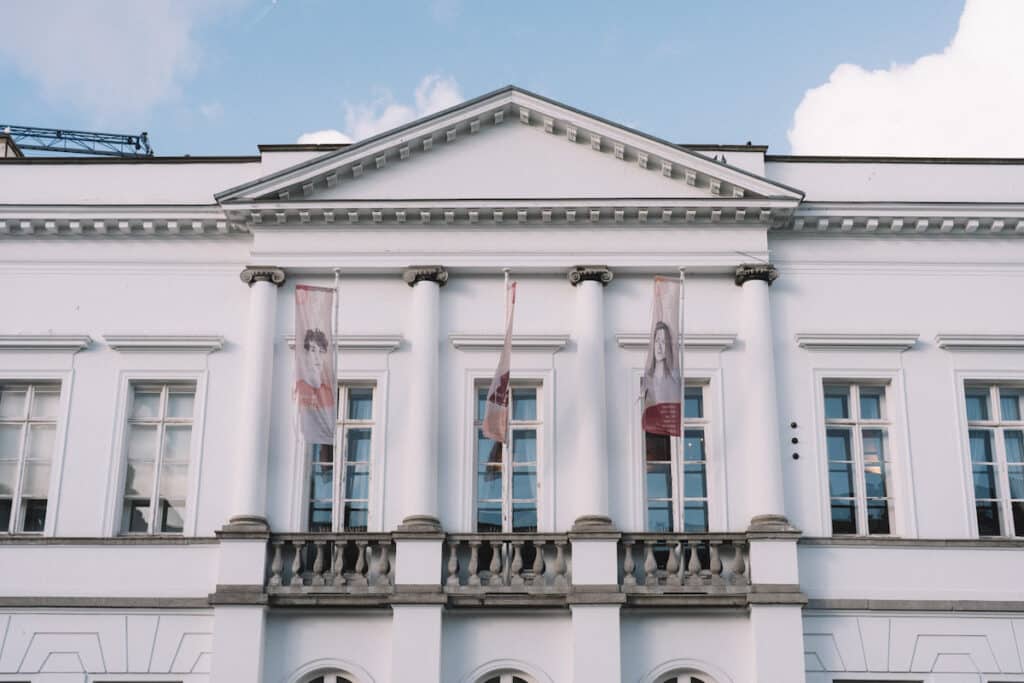

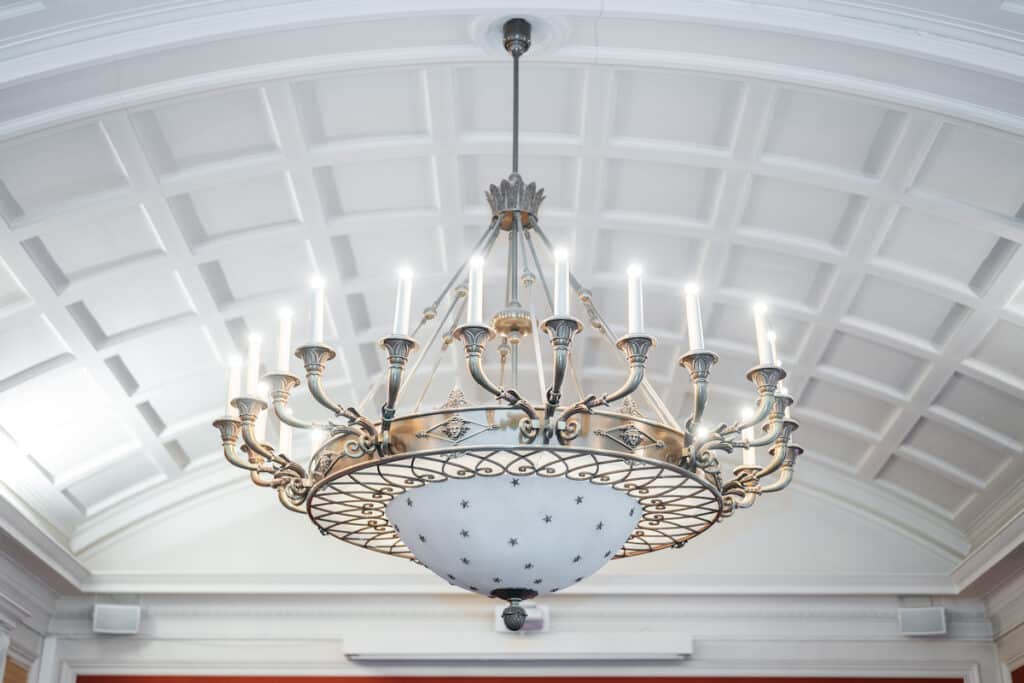
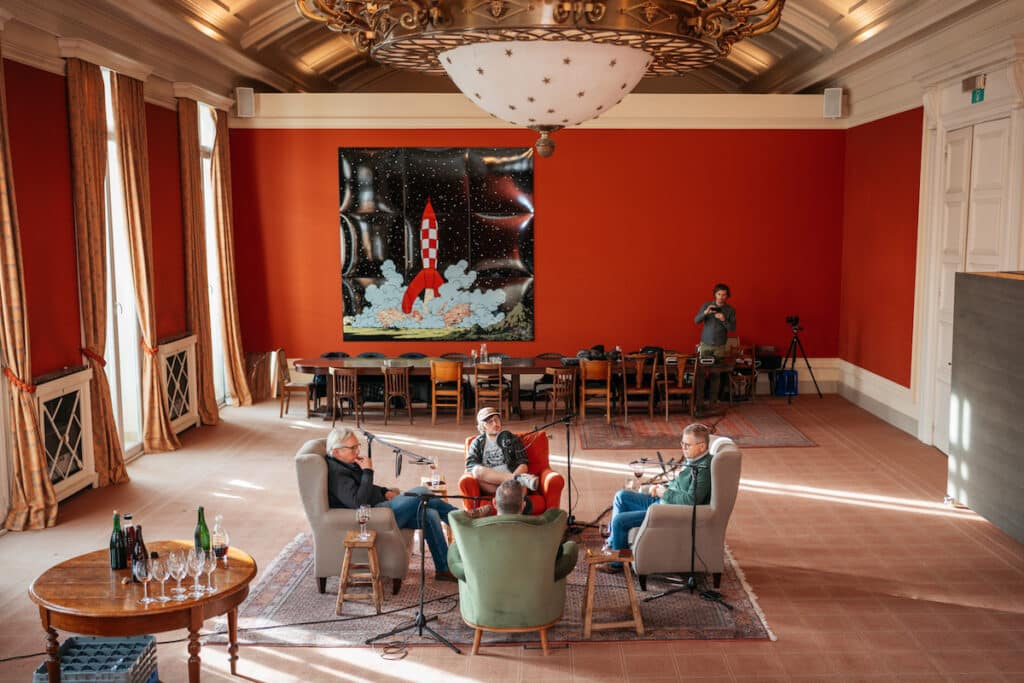
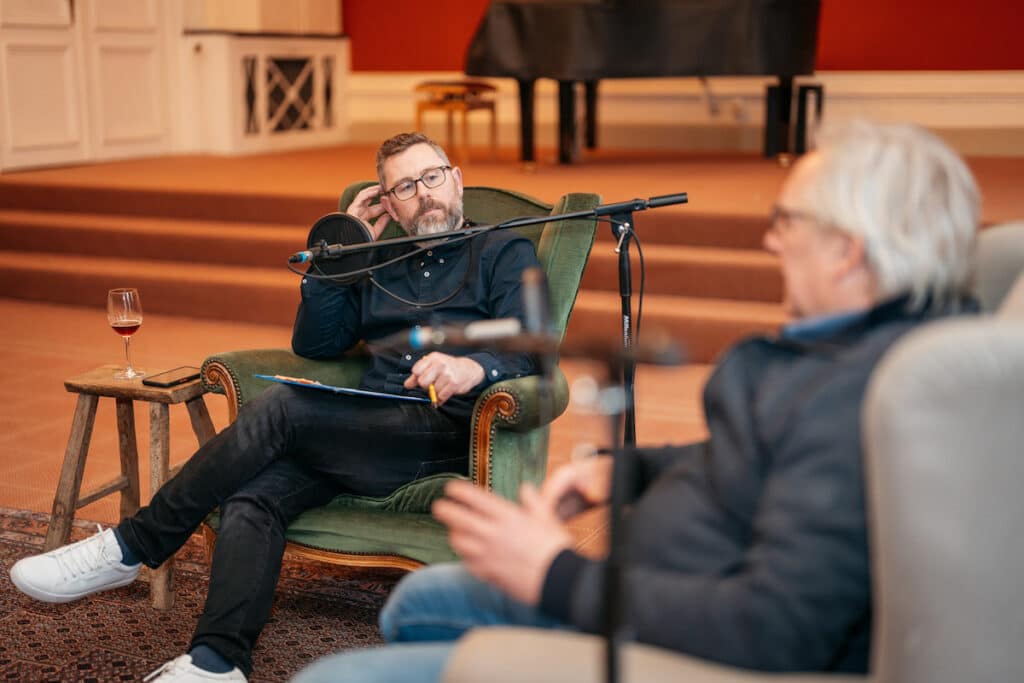
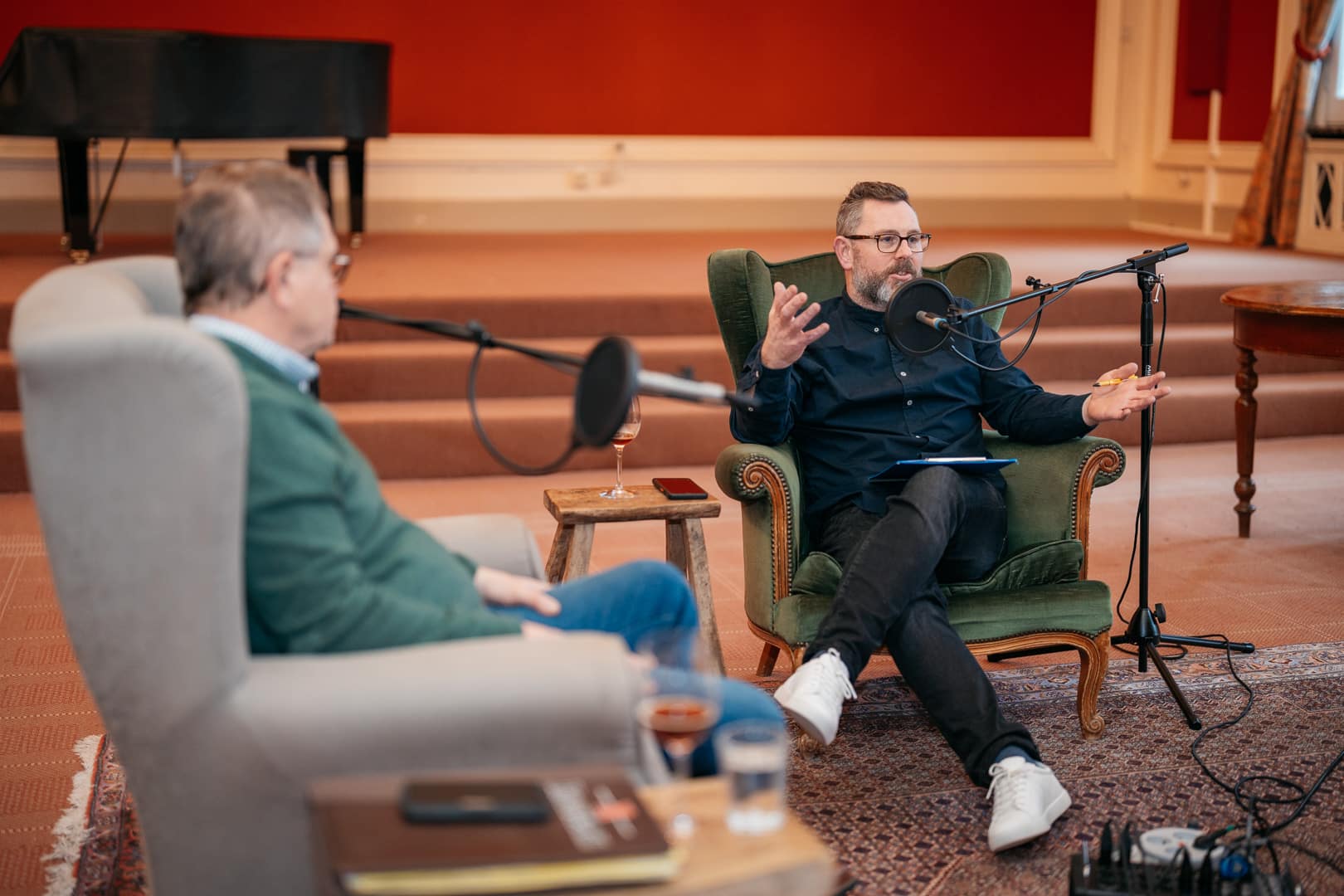
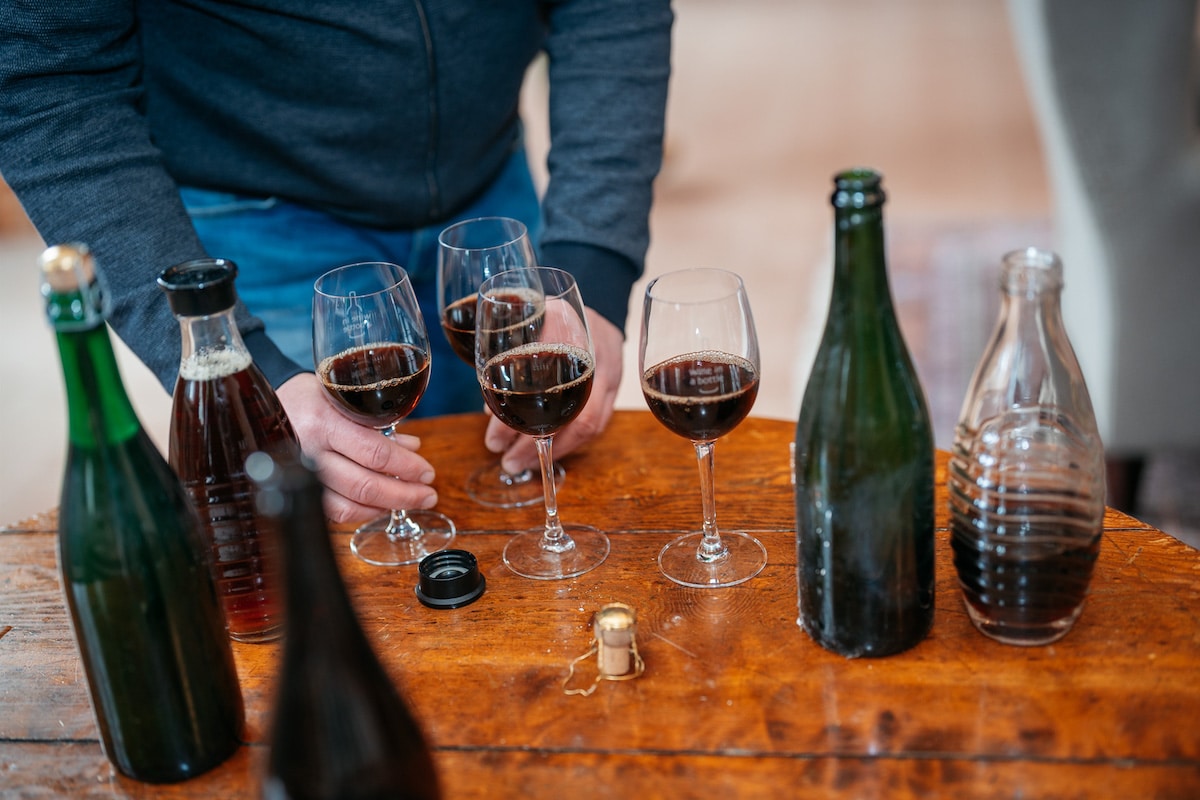
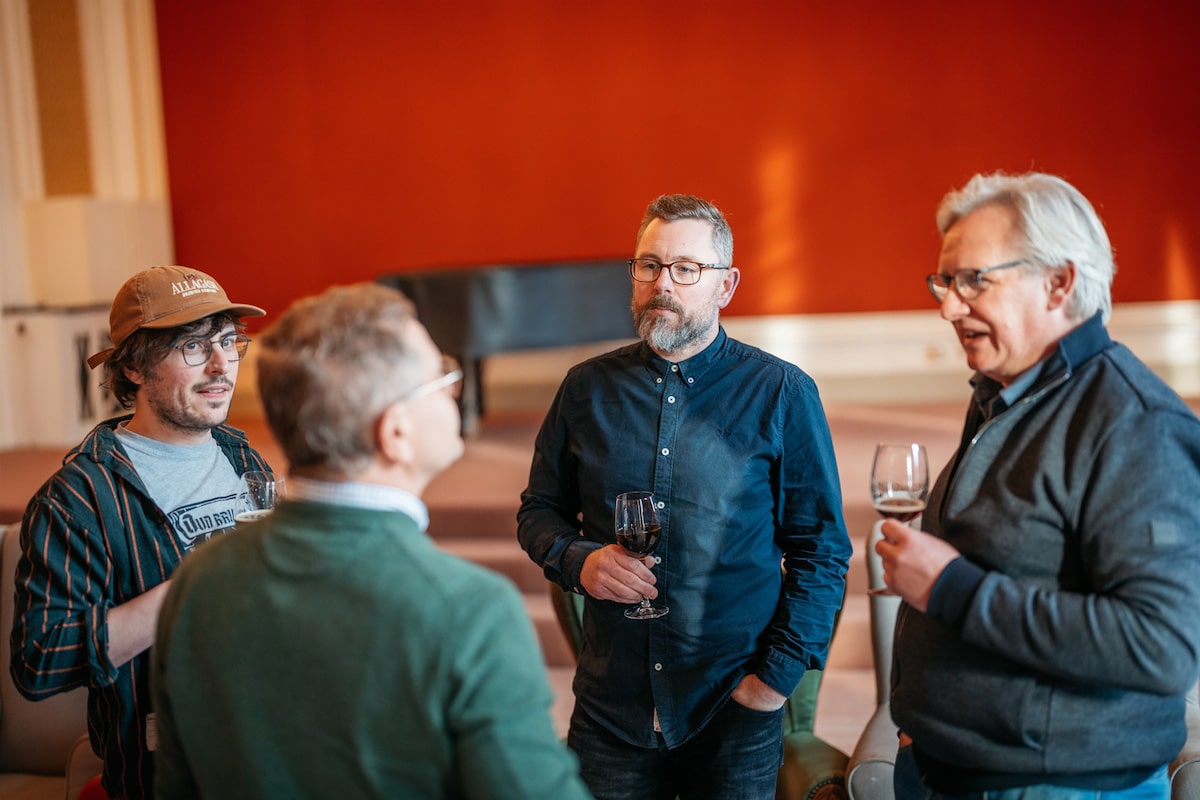
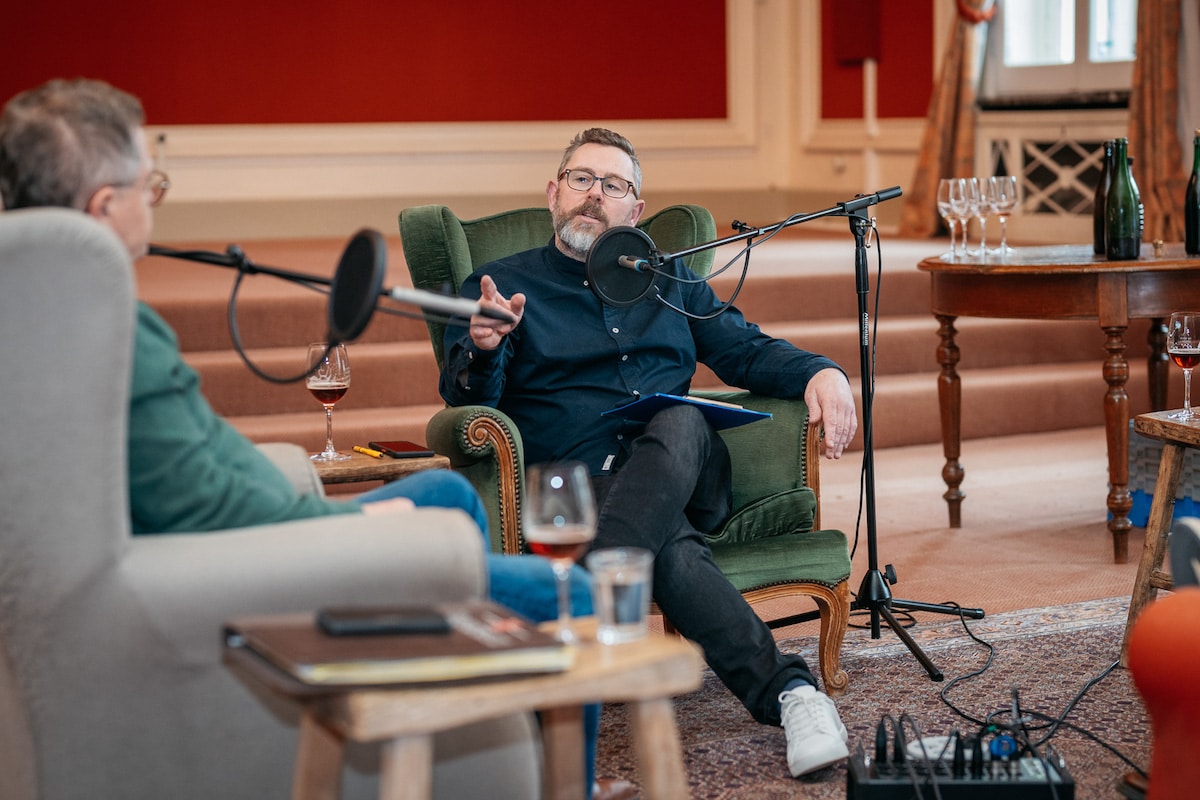
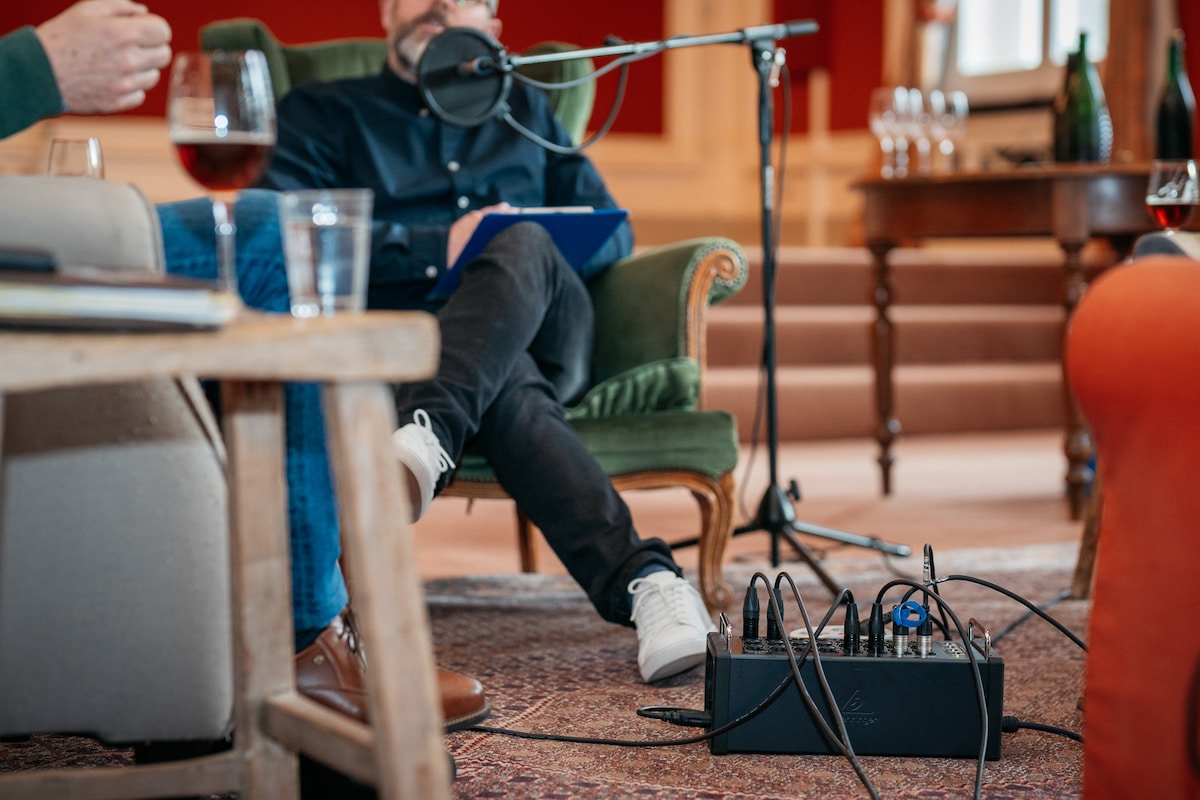
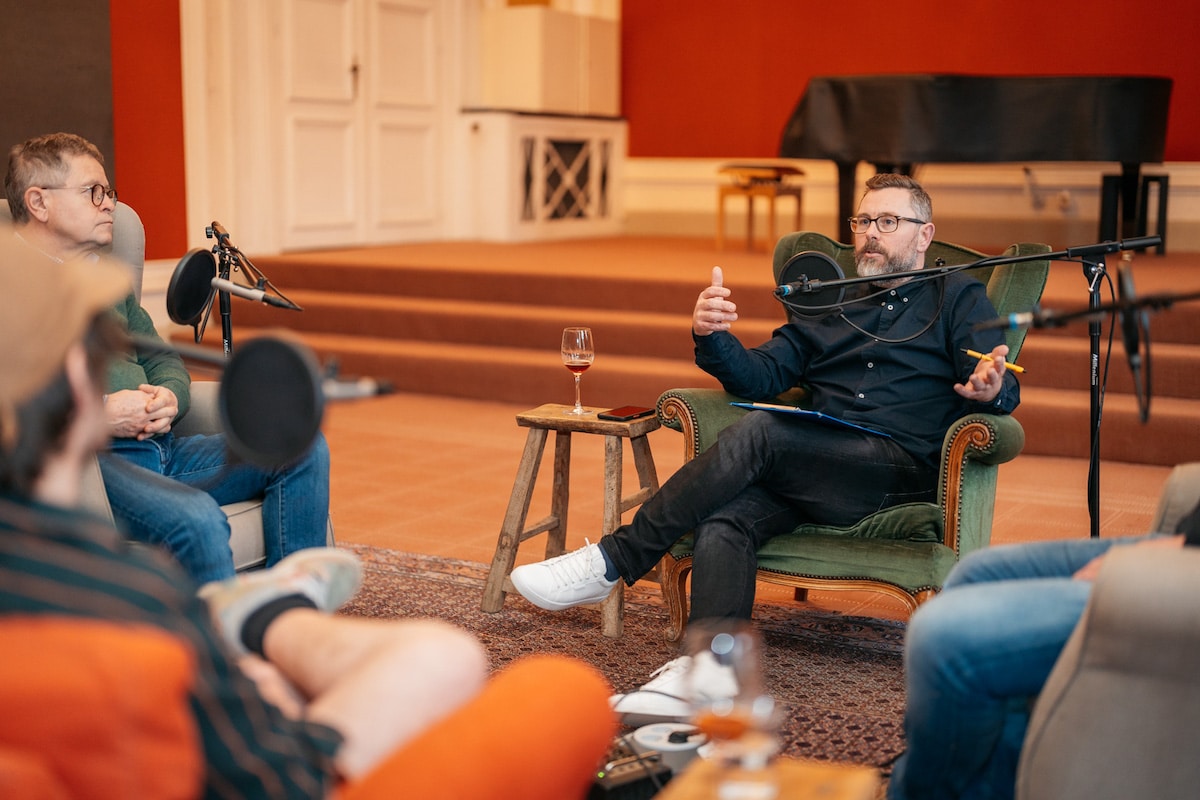
We went deep on production, discussing water profiles, grain bills, mixed fermentation, and the complexities of aging.
We also talked definitions. What is Oud Bruin? What’s Flanders Red? Why was there an attempt to protect a different name through EU applications and what happened that this protection was blocked.
We explored the reasons Oud Bruin suffered commercial decline in the 1990s and we surmised in what format it might survive in the future.
Sit back, listen, and enjoy our Straight Talk episode about Oud Bruin.
*


